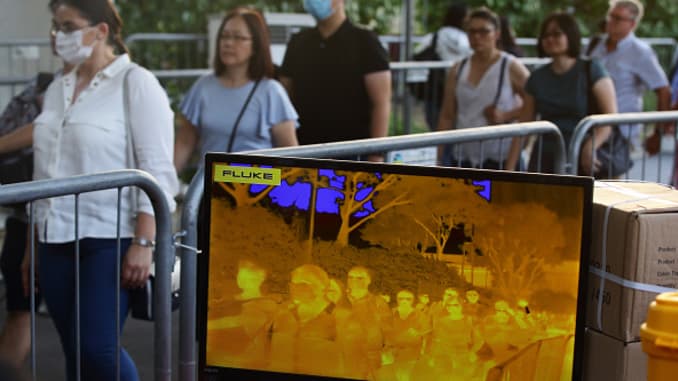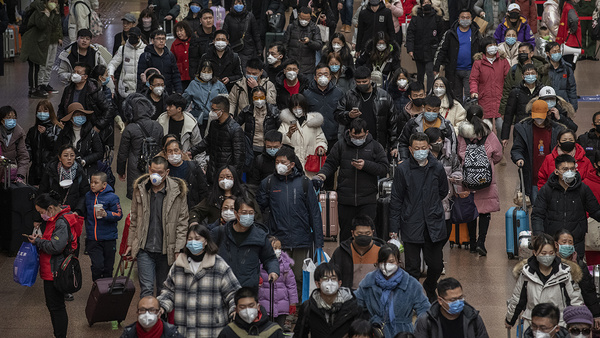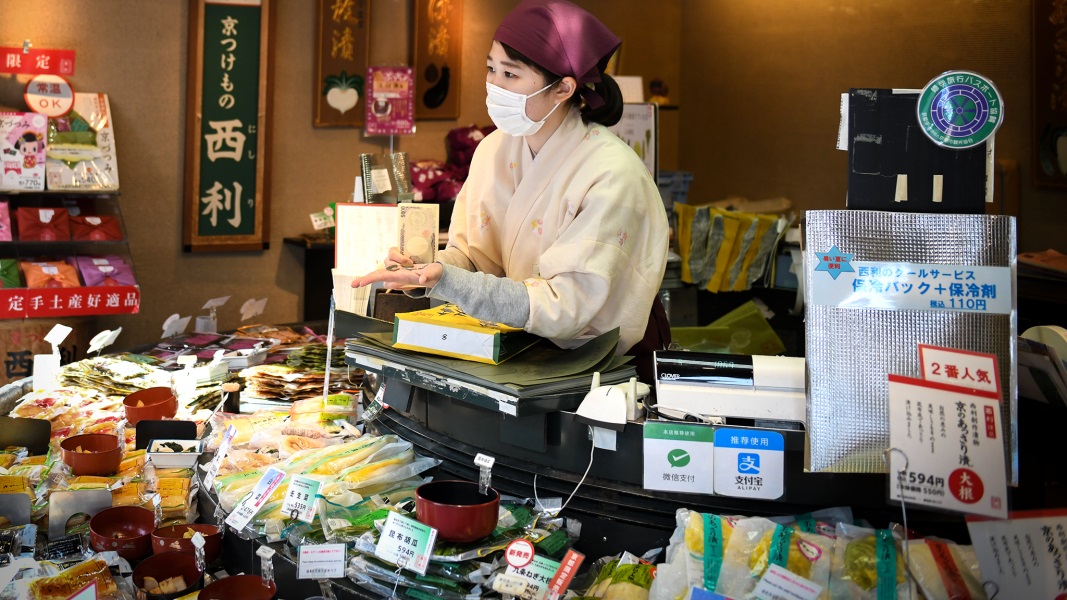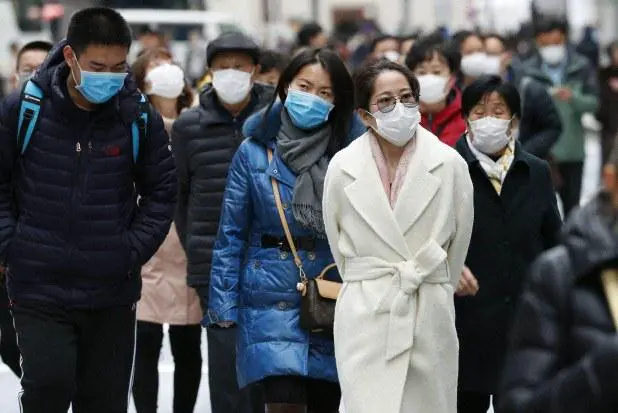By APD writer Alice
Many countries in Asia have launched emergency measures to stimulate their economy as acute respiratory disease (COVID-19) is spreading rapidly around the world.
Japan has just approved a second emergency package of up to 1,000 billion yen (9.6 billion USD) to cope with the epidemic.
Speaking at a meeting of the government’s anti-COVID-19 task force, Japanese Prime Minister Shinzo Abe said: "We must prioritize efforts to maintain employment and the operations of businesses."
The package includes 500 billion yen to provide financial assistance to small and medium-sized businesses facing difficulties due to the impact of the epidemic and 430.8 billion yen added to the budget of the fiscal year 2019.
In addition, the government will give financial assistance to large enterprises with overseas business operations affected by the disease through state-owned financial institutions such as the Japan Bank for International Cooperation ( JBIC) and the Japan Development Bank.

On the other hand, it will provide 4,100 yen per day for self-employed workers who have to take time off to care for their children when schools are closed.
The government will also set aside a part of the new budget to buy masks from manufacturers to supply hospitals and other facilities amid a scarcity of masks.
Earlier, the Japanese government approved the first emergency bailout package of 500 billion yen to provide low-interest loans to small and medium enterprises in the tourism sector and other industries affected by COVID-19.
Meanwhile, the Thai cabinet has approved a stimulus package worth 400 billion THB (over 12.7 billion USD) to soften the blow of the COVID-19 outbreak on the local economy.
Thai Prime Minister Prayut Chan-o-cha said on March 10 the package was a first-phase measure that could be followed by second-phase action if the impact persists.

The stimulus package will provide conditions for the public and businesses to get over the impact of the virus, said Finance Minister Uttama Savanayana.
According to the Thai Finance Ministry, the package will benefit 14.6 million low-income earners who account for 22 percent of the population, a total of 50,000 village funds nationwide, 7.2 million farming households (30 percent of all households nationwide) and 3 million small-and-medium-sized enterprises (SMEs) or 99 percent of all businesses.
The package is expected to create 14 million jobs or about 85 percent of the total nationwide.
In the wake of the global spread of the novel coronavirus, economists have downgraded Thai economic growth projections. The Research Centre slashed its forecast for the country's GDP growth this year to 0.5 percent on the expectation that the outbreak will wipe 410 billion THB off tourism receipts.
The new Malaysian government has also agreed to review the economic stimulus package announced by the previous government in late February to protect the local economy from the effects of COVID-19.

Malaysian Prime Minister Muhyiddin Yassin revealed that he will announce the COVID-19 fund to provide financial support to those affected by the disease as well as isolation monitoring. According to the leader, the country will set aside 1 million ringgit for the fund.
In Cambodia, on March 10, Prime Minister Samdech Techo Hun Sen said that the country had spent up to 2 billion USD to support the economy in coping with COVID-19.
He also said that in the immediate future, the Government will spend about 800 million USD to support the economy if the COVID-19 epidemic lasts for six months. If the epidemic lasts for a year, it is estimated that the country needs to spend 800 million USD to 2 billion USD.
In addition, he said last week the Cambodian government approved 30 million USD for emergency funds to prevent the spread of COVID-19 and other diseases within six months.
PM Hun Sen expects the country's economy to expand about 6% this year compared to the previous forecast of 6.5%.
Meanwhile, the Indonesian government has announced a 10.3 trillion Rp (742 million USD) stimulus package that is set to boost consumer spending and reinvigorate the country’s tourism industry amid the coronavirus outbreak.
The country is also preparing measures similar to those taken in the 2008 global financial crisis, including the acquisition of government bonds and a halt on income tax collection, to restore confidence in the financial market and reduce the impact of COVID-19.
(ASIA PACIFIC DAILY)
 简体中文
简体中文




